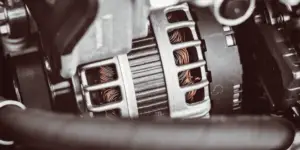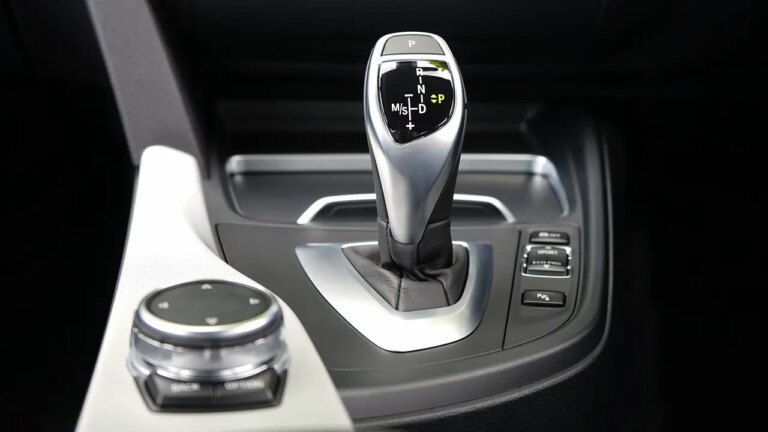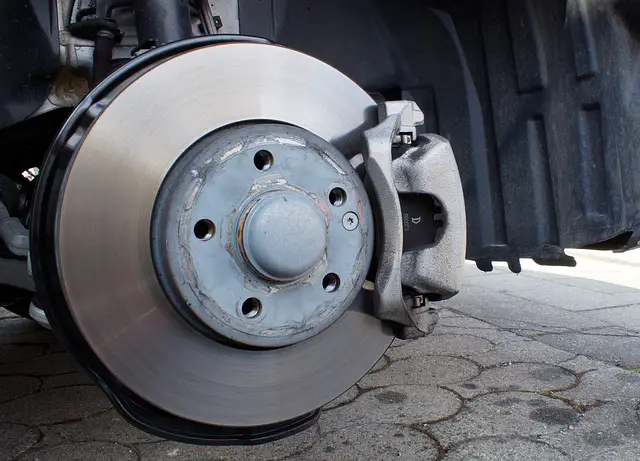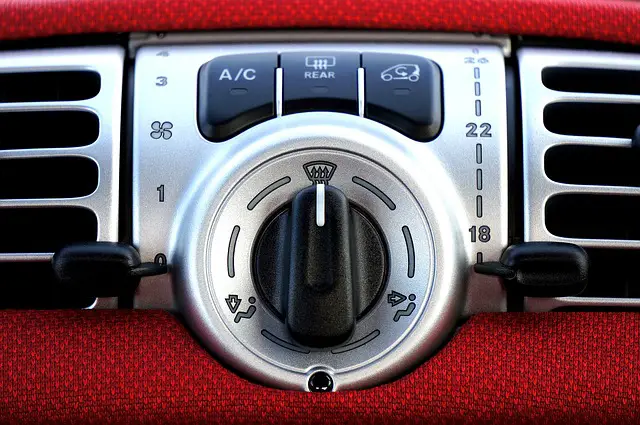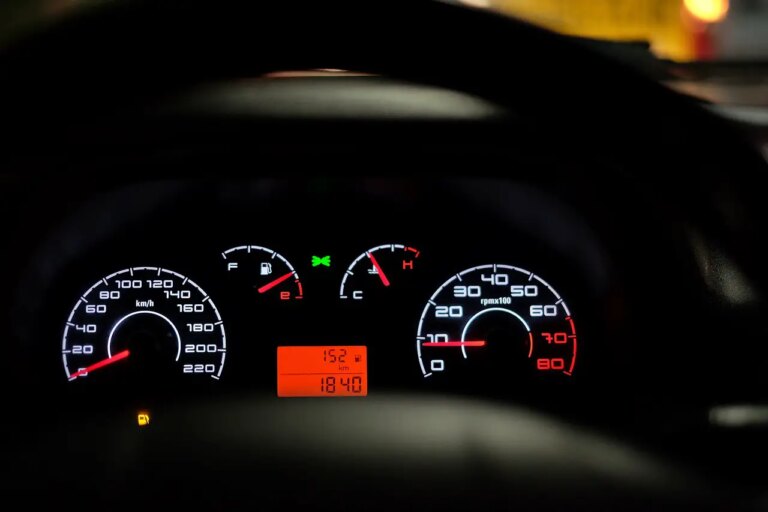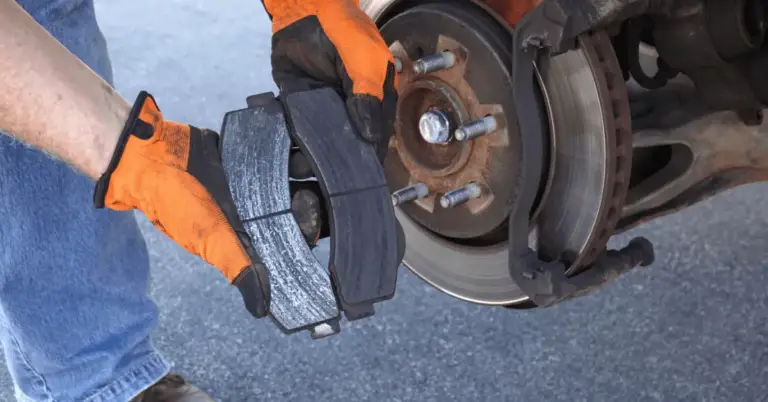People often get disappointed after having a new battery fitted to find they have to replace it again sooner than they expected.
As a general rule, a new car battery has a lifespan of between 4 to 6 years. It may die early if not secured properly or used in humid conditions or in states with high temperature differences.
Five factors will dictate whether your car battery gives up after less than four years or even continues well past the time most batteries have died completely.
The more points you answer yes to means, the more likely your new car battery has or will die before its time.
Climate Affects Battery Life
Do You Live In A State With Hot Summers But Cold Winters?
The truth is if you live in a climate with extremes of temperature, your car battery must work harder.
The Midwest is tough on new car batteries. The temperature there can have a range of over 55 degrees in a year. This is the same for Alaska too.
During a cold winter, the battery loses some capacity to start the engine.
The lower the temperature, the less charge a battery can hold. As the temperature drops below 0, the fall-off gets greater and greater.

Then during a hot summer, you’ll have the air con on maximum. This shouldn’t affect the battery as the alternator provides this power.
Still, if the alternator isn’t working too well, the power usually sent to the battery to recharge is being diverted instead for the systems like the aircon being demanded of it during driving.

If you live in south or central California, your new car battery should last longer, as a general rule.
Humidity Affects Battery Life
Do You Live In A Humid State?
Humidity can affect the connections on a battery and corrode them.
The plates inside a battery can also be affected in more extreme periods of humidity. The truth is, though, it would take more years than the battery will typically be good for, any moisture-related issues to kill your battery, especially a relatively new one.
Strange but true, the most humid state is Alaska, followed by Florida and Louisiana – no surprises there.
Humidity is very unlikely to kill a new battery on its own but could contribute in extreme situations.
Battery Security
Is Your Battery Bolted In Place Securely?
Car vibration is often overlooked, but it kills batteries.
Did you or the car shop mechanic securely bolt the retainer when you had your new battery fitted? If not, your battery may move slightly within its housing every time you accelerate, brake, or even go over a bump.
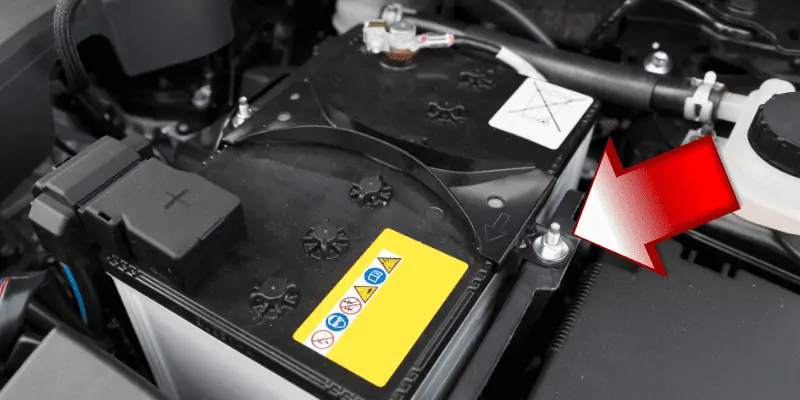
Batteries don’t like to be jostled around. Inside them are plates that can easily crack – especially if the car is driven off-road for long periods.
But even during town driving, the smaller vibrations can build up the battery and cause it to fail before it should.
Often read next by other visitors: What happens to a car battery when it gets wet?
Alternator Trouble
Is The Alternator Working Correctly?
If you’re replacing your battery yet again and can’t work out why you have to do it so soon, your alternator may be the culprit.
The alternator is designed to recharge the battery as the car is being driven along. If it charges too much or too little, it can cause the battery to die.
Sometimes if a part in the alternator called the voltage regulator breaks, it could allow too much voltage to go to the battery and boil the water inside. If this happens, you may not notice a gradual change in battery performance as it gets too much charge. When this happens, the alternator will be hot to the touch.
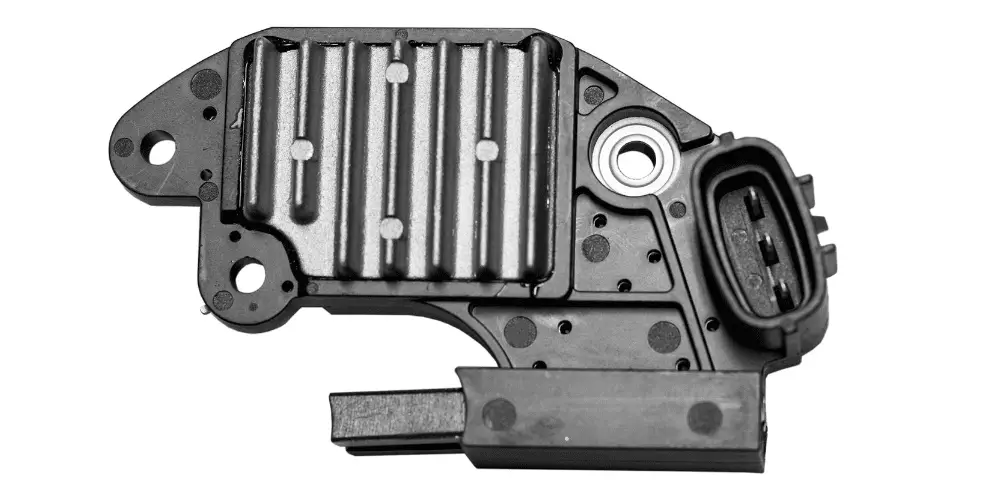
However, when the water dries out completely, the battery will die. This can happen suddenly.
Another part of the alternator can fail – diodes– which means the alternator sucks the power away from your battery when your car sits for long periods.
This is often a reason new batteries fail so quickly as they never get to keep the charge they have received from the alternator. There is a term for this called Parasitic Draw.
It’ll pay to check the alternator before investing even more money in a new battery.
Read our Alternator Troubleshooter Guide
Excess Power Needs
What’s Your Driving Style Power Needs?
Starting the car engine takes a lot of power from your car battery.
The battery is only meant to start the car. It then hands over to the alternator to power your car’s electrical requirements as you’re driving.
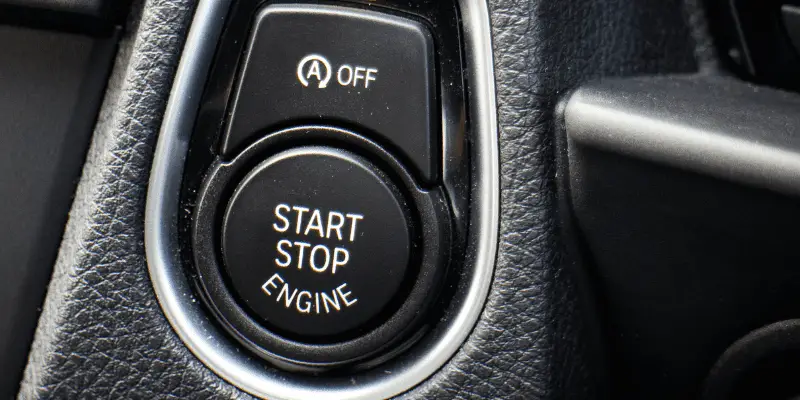
If you make short journeys before turning off the engine and never really give the alternator a chance to recharge the battery, it’ll eventually lose some of the power it needs to start your car.
Also, are you using a lot of power when you’re stationary? Do you have an expensive sound system? If so, the battery will drain quickly.
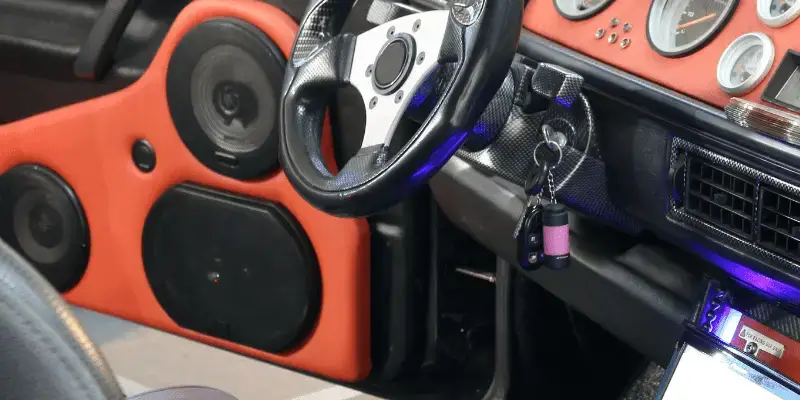
Look for corrosion around the battery connectors – this is a sure sign that your battery is working beyond its recommended capacity. If this is you, it may be time to look at a different battery type.
Deep cycle batteries – usually used in boats or motor homes – can tolerate being used as the primary source for power – for instance, when your car is parked with the engine turned off.
They cost more than a standard battery but will save you money over the life of your vehicle.
Car Battery Gauge Reads Low – Here’s What It Means
Are New Car Batteries Already Charged?
All new batteries come fully charged. There is no need to charge it further or to take it for a drive. The battery has the charge it needs when it leaves the factory.
The alternator will charge a new battery automatically when you are driving your car.
Many years ago, taking your car for a drive was recommended when you fitted a new battery, but this isn’t something you need to do anymore.
Does a New Replacement Battery Come with a Warranty?
All new car batteries come with a warranty. However, the terms and conditions attached to them vary a lot.
Firstly, look at your old bills and receipts to tell you what warranty your battery has. Generally, the length of time varies between just 12 months but up to how long you own the car, which could be many years.
Some manufacturers will stipulate the number of miles they will warrant the battery for.

Generally, up to 24,000 miles is the limit. This is great for people who only make short journeys and stop and start their car.
You can get good information from the battery label if you don’t have the paperwork. All batteries will have a code printed on the label but what the code means and how it is put together varies between new car manufacturers and replacement battery companies.
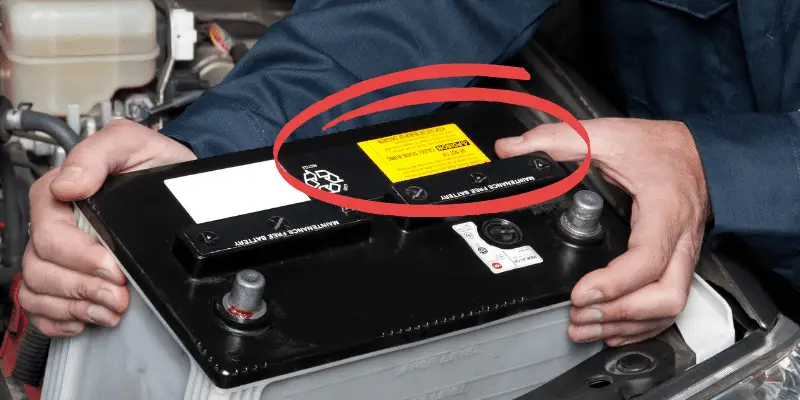
Each warranty will have its conditions attached – some will be very strict – and stipulate excessive use and exemptions if your car has other faulty parts, such as an alternator or voltage regulator.
Read our article: How To Tell If Your Alternator Is Killing Your Battery
Most manufacturers will honor a warranty with not too many questions you ask, but be prepared to argue your case should you feel you have been treated unfairly.
Often read next by other visitors: Do You Have To Replace A Battery When Replacing An Alternator? Help & Advice
In conclusion
Your new car battery should last at least four years under normal conditions. Certain climate conditions can shorten its lifespan to below three years, but if your battery needs replacing within two years, it could be that the alternator is shortening its life.
If you have heavy power demands when the engine is off, then your battery may not be the correct one for this, and you’ll need to consider an upgrade. Look for signs of corrosion on the battery connectors.
If your car warranty is not ho by the car shop that fitted it or the manufacturer, be prepared to dispute this with them. Most will be reasonable if you can create a sound and persuasive case.


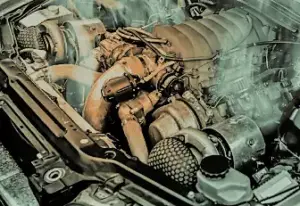
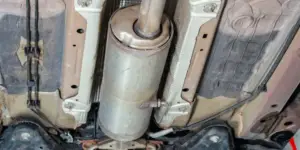
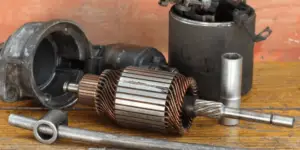

![How Long Do New Tires Take To Put On? [ANSWERED] Torque-wrench-tire](https://carzaza.com/wp-content/uploads/2023/12/Torque-wrench-tire-300x150.png)
